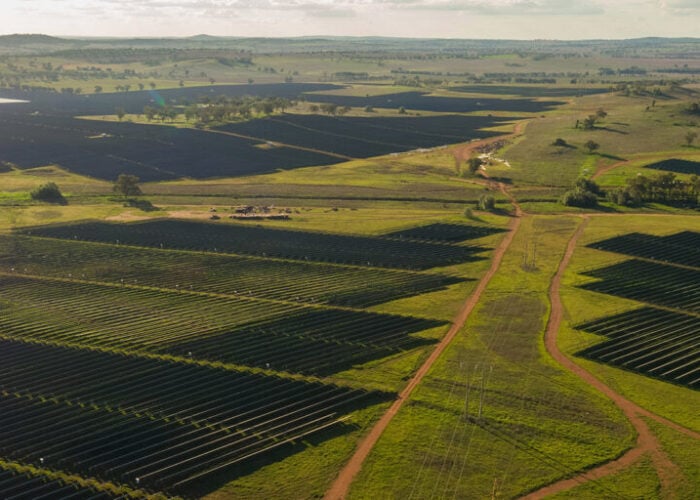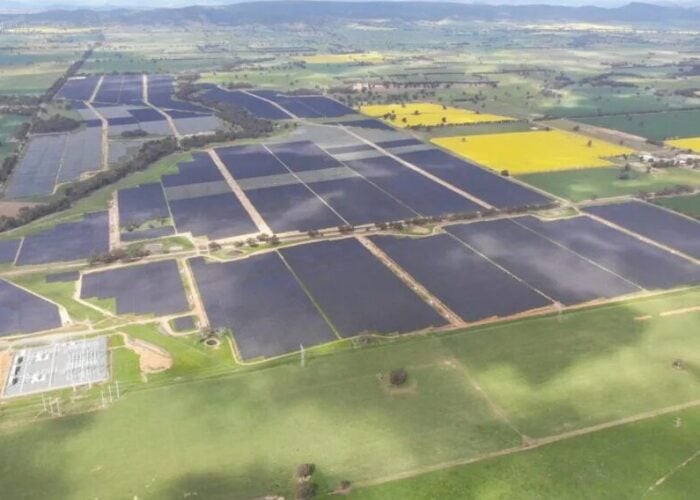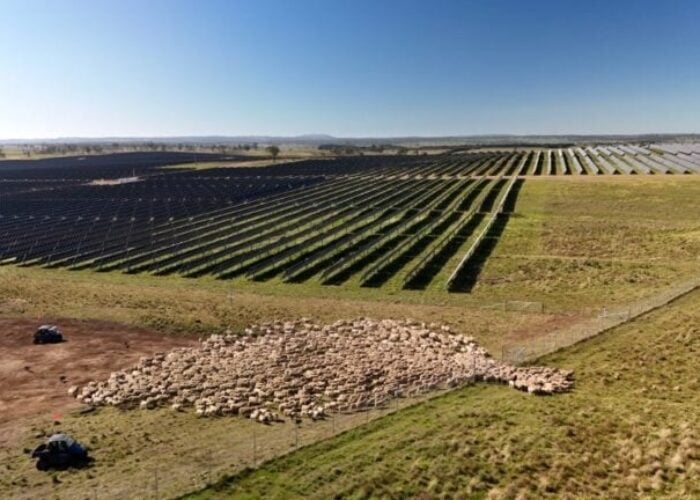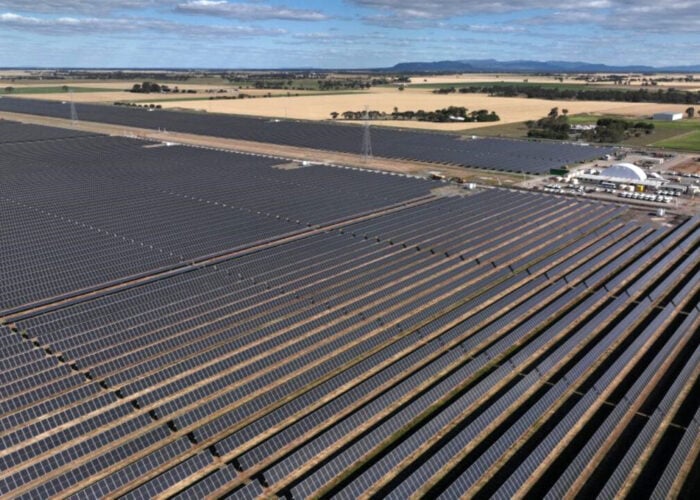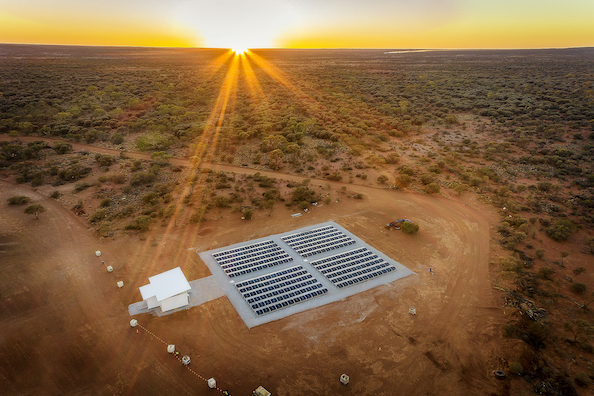
The Australian government has today committed to reaching net zero emissions by 2050 but has not passed any legislation to support such a transition in a move described as “disappointing” and “unambitious” by the country’s Clean Energy Council.
Speaking ahead of the crucial COP26 climate conference in Glasgow next week, Australia’s Prime Minister, Scott Morrison, said the commitment was “not a revolution but a careful evolution to take advantage of changes in our markets”.
Try Premium for just $1
- Full premium access for the first month at only $1
- Converts to an annual rate after 30 days unless cancelled
- Cancel anytime during the trial period
Premium Benefits
- Expert industry analysis and interviews
- Digital access to PV Tech Power journal
- Exclusive event discounts
Or get the full Premium subscription right away
Or continue reading this article for free
Australia is one of the world’s largest emitters of greenhouse gases when measured on a per capita basis and is a major producer and exporter of fossil fuels such as coal.
Last month, a report by the Institute for Energy Economics and Financial Analysis (IEEFA) showed that Australian companies plan to spend AU$5.1 billion (US$3.7 billion) on offshore gas exploration over the next six years, which is enough to develop 2.5GW of renewables capacity.
Morrison ruled out tax regimes to curb emissions and said the country will achieve its targets through “technological development”, with the government committing AU$20 billion (US$15 billion) to do this.
“While the Federal Government has recognised the importance of a commitment to net-zero by 2050 emissions target, a refusal to take on greater ambition over the next decade will likely leave Australia isolated and unable to make the most of the economic benefits that come with rapid decarbonisation,” said the Clean Energy Council.
“The last month has been another disappointing chapter in the politics of climate change in Australia,” it added.
Moreover, Morrison said Australia will not set more ambitious 2030 targets – currently a reduction of 26-28% of greenhouse gases from 2005 levels – but said the country was on track for a reduction of between 30-35%.
“Without a stronger 2030 target, there remains a lack of clarity and positive investment signals to accelerate the decarbonisation of Australia and take advantage of the enormous economic opportunity in play,” said the Clean Energy Council.
The Australian Renewable Energy Agency (ARENA) has published a series of planning and forecasting publications that present five different visions of Australia’s future.
Earlier this month, the former head of the Law Council of Australia said the federal government’s plans to invest public money into fossil fuel production could be illegal, is open to serious legal challenge and is “at odds” with the purpose of ARENA.


